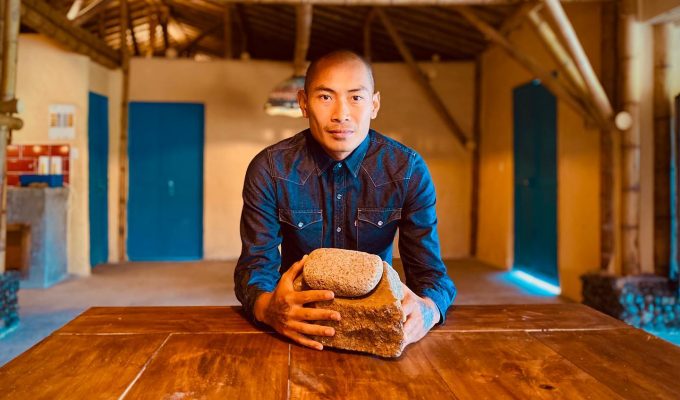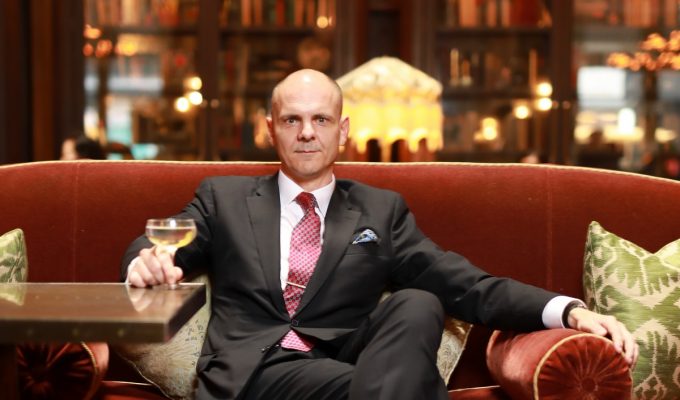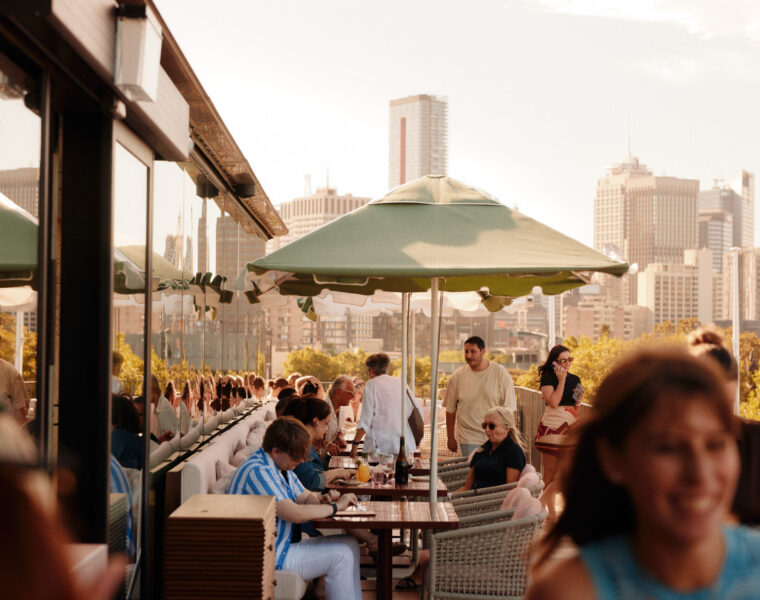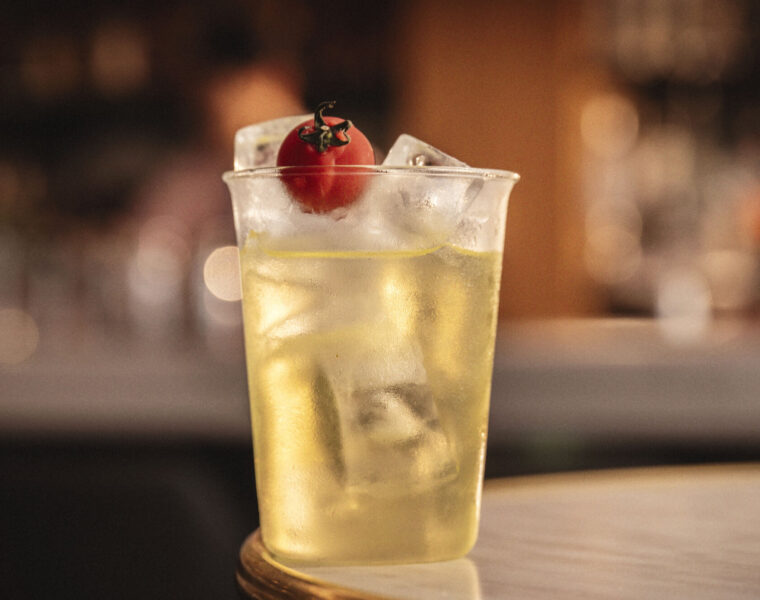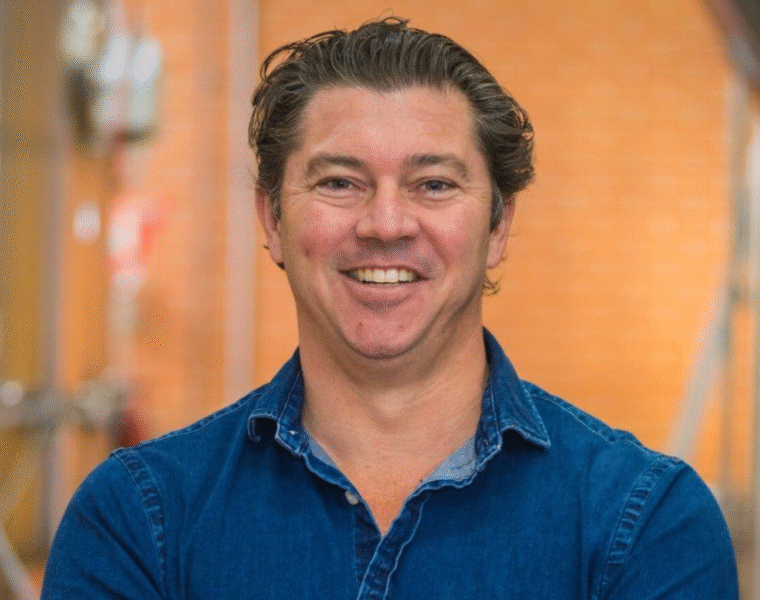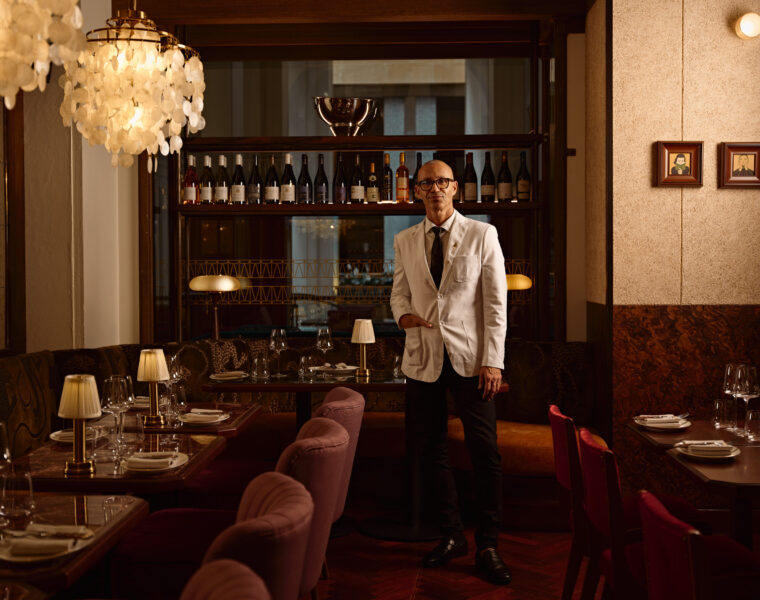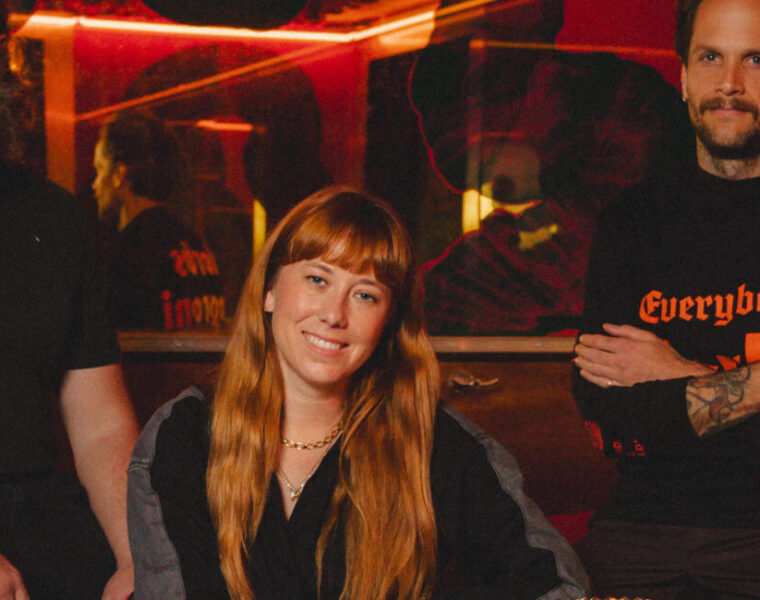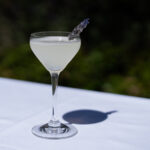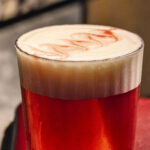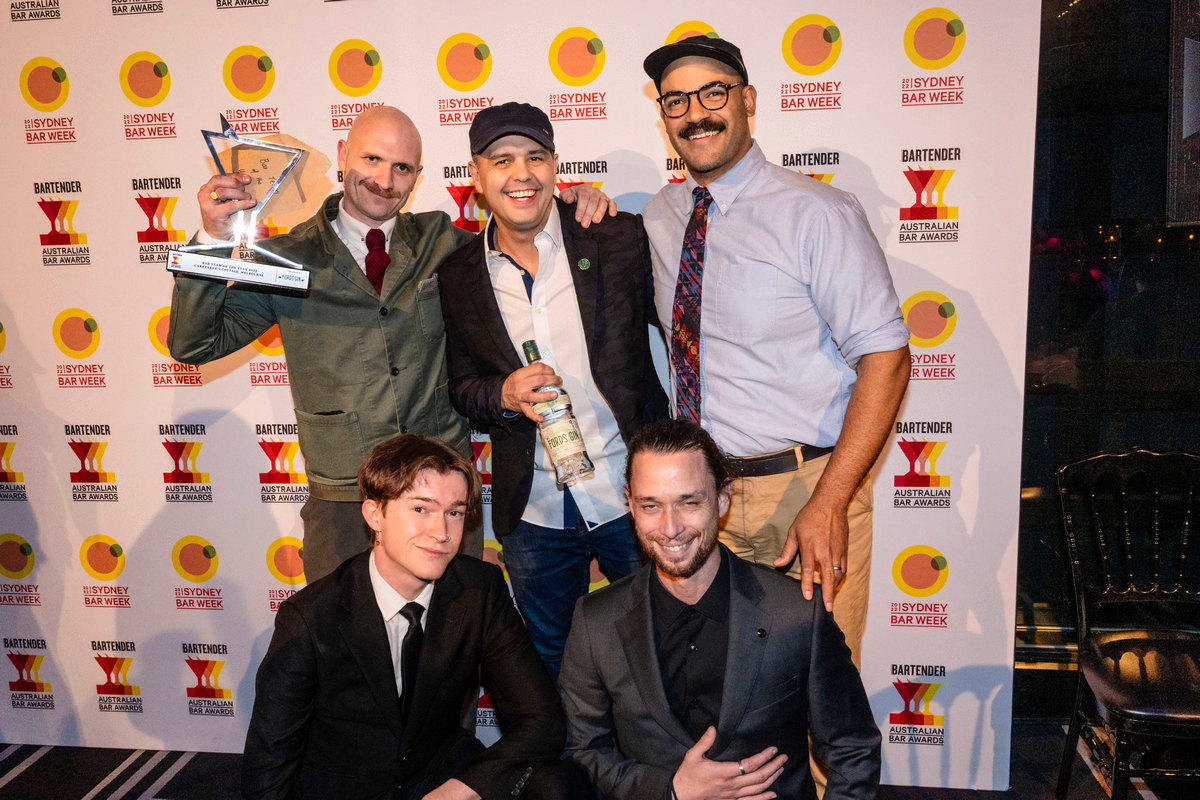
Story by Angus Winchester. A drinks encyclopedia, Angus Winchester has 34 years of hospo experience from drink-making to running bars, working for the likes of Diageo as Tanqueray Global brand ambassador and now as the Global Education Director for BCB (Berlin, Brooklyn, Sao Paolo & Singapore). You can reach him @anguswinchester
When I first moved to work as a bartender in New York in the 90s I struggled to find work. Not because I wasn’t a great bartender (or so I was convinced I was) but because employers asked me one question that I could not answer to their satisfaction – how many customers would I bring with me if they offered me a regular night’s work? You see in those days the knowledge and the skills that we admire today were not nearly as important as the way you made guests feel. Like DJs you had to have a following of loyal guests who would visit bars specifically because of the bartender – not the drink or the ambience. Bartending then was a more personal and intimate experience fuelled by conversation and free drinks given to regulars. Bartenders did not work five nights a week in a single venue but instead plied their trade on single nights at five venues (if they were lucky/good) as no guest would visit the same venue too many nights each week.
Fast forward 20 years and when asked what he thought was one of the greatest changes in the New York bar scene he had helped revitalise, cocktail legend Dale DeGroff replied: “the growth of the bar team”. No longer were the great bars bastions of bartending gunslingers but now were staffed by dedicated teams of front-line staff who together bought coherence, consistency and expertise.
Many people in hospo refer to the people they work with as “my family” but I would argue that they are not a family but a team – a (hopefully) high-performing team that unlike a family can be created and tinkered with through time and maybe a tight unit but unlike a family an ever-changing one. So how does one best create one?
“Teamwork makes the dream work” has become a popular – though slightly hackneyed -phrase in modern hospitality and it’s crucial to understand and excel at creating a successful team. Many people in hospo refer to the people they work with as “my family” but I would argue that they are not a family but a team – a (hopefully) high-performing team that unlike a family can be created and tinkered with through time and maybe a tight unit but unlike a family an ever-changing one. So how does one best create one?
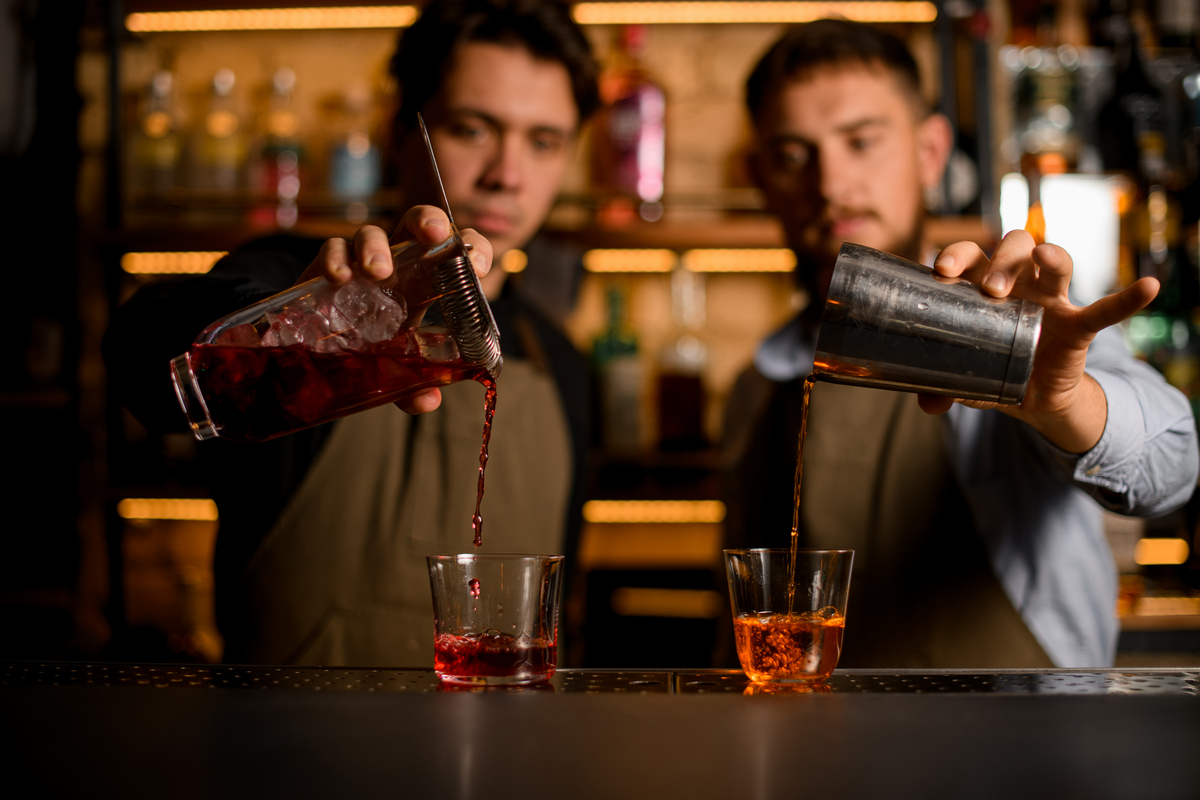
It starts with the members and the shared values those members have. I suggest having written Core Values that are the characteristics and beliefs that the team members share. These are the qualities and ideas that all team members have or aspire to and ensure that there is shared mindset and belief system regardless of skillset or role. Your team consists of people and not equipment and just because they work well at one venue does not mean they will work well at yours. Get your core values agreed upon and use them at every turn from interviewing to celebration to day-to-day business practices.
Secondly, consider the roles necessary to execute your business as you need it. Bar teams are not just the bartenders but also servers and bar support and each role is vital. I work currently with an operation that encourages staff to do all three roles as required but I have very quickly gleaned that while all-rounders do exist that some are far better bartenders than servers and vice versa. Some can be relied upon to put as much effort into bar backing as they do in more glamourous roles while some just go through the motions. Create clear role profiles and expectations and define the skills and attitude needed for each position and train them relentlessly. And let’s not forget the vital positions played by the Manager/Coach and team captain. It’s generally accepted that no team will outperform its leadership and that people leave people rather than leave jobs.
Thirdly consider individual performance and strengths and balance them with the needs of the business. If you have five bartenders then you have a “best” bartender and a “worst” bartender based on the criteria you define and you should build and schedule accordingly. On some nights raw speed may be the defining quality you need. On other/quieter nights personality or creativity may be the most necessary skill. Ensure that the needs of the business and how you define them are clearly understood and that everyone knows what they need to do to reach the standards you set.
Finally, ensure you have proper training and coaching in place to help and develop the team in its entirety. While it’s common to focus on the newer and less skilled team members as they are easier to identify and also seem to need more help, never forget the top performers. One of the most common things I hear from ‘good’ staff these days are they leave their jobs due to the fact “they aren’t learning any more” which sometimes is rubbish (they may not be learning “new” stuff but they are learning how to do the key bits seamlessly and subconsciously) but often it’s because the manager has taken their eye off the ball and ignored the top performers.
People say “there is no I in team” but the fact remains that “we is stronger than me” and that to create an amazing experience for your guests that generates a sustainable and profitable business for staff and investors alike takes a group of people, aligned and inspired by common goals and with a shared vision and tools to match.


